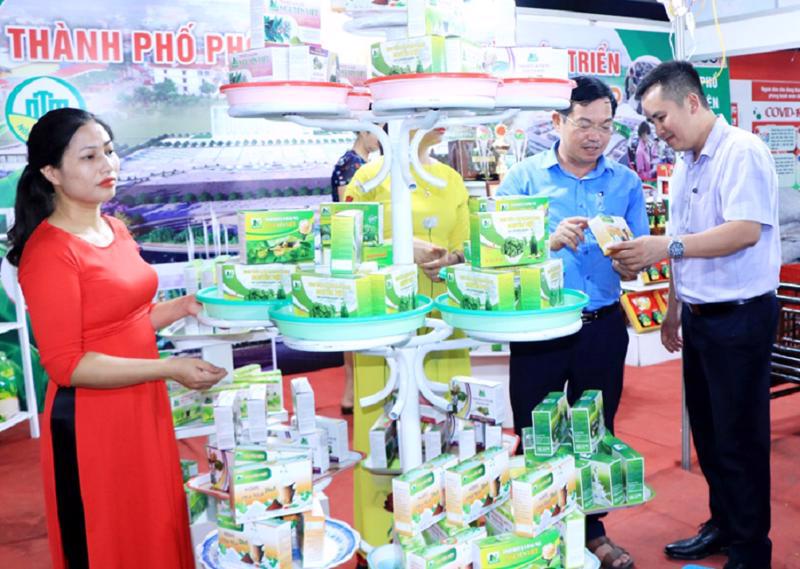Some 63% of Vietnamese consumers intend to increase spending on essential goods over the next year, followed by 52% on clothing and 48% on healthcare products, according to the PwC's 2024 Asia-Pacific Consumer Survey which was released on November 11.
The survey polled over 7,000 consumers in the region, including 515 from Vietnam.
The survey shows that rising prices and affordability tops the list of challenges that consumers are facing today.
Similar to others in the Asia Pacific region, Vietnam's economy shows signs of resilience. However, the impact of rising prices for food, energy, housing and other essentials over the next 12 months is considered the leading risk among the majority (63%) of Vietnamese consumers. Wider macroeconomic volatility is second, at 52%.
Overall, consumers are continuing to pursue healthier, more conscious lifestyles and are more mindful of how they spend. This can be seen in that the top areas for decreasing spending are for non-essential products/ services such as luxuries, entertainment products such as books and movies, and toys while spending on essentials such as groceries, clothing and healthcare are expected to increase.
The survey reveals that with the popularity of ecommerce platforms including Shopee and Lazada, Vietnam stands out with the highest rate of online shopping (67%), although in-store shopping also remains strong (63%).
Vietnamese consumers like using social media as a shopping channel with 71% having made purchases through this platform —significantly higher than the regional average of 56%.
However, they also report concern when purchasing via social media with 77% concerning about privacy and data sharing.
However, concerns about safety and reliability have somewhat dampened consumer trust in social media for shopping, following some negative experiences.
Sustainability is becoming a priority in Vietnamese consumer habits, with 94% reporting experiencing the negative effects of climate change in their daily lives (compared to 88% regionally). Notably, 74% of Vietnamese consumers expressed willingness to pay up to 20% more for products made from recycled or sustainable materials and 85% would consider purchasing a hybrid or electric vehicle within the next three years.
The survey also reveals more than half of Vietnamese consumer respondents are comfortable using AI to replace human interaction for low-risk activities.
According to a World Data Lab report, Vietnam is projected to become the world's eleventh-largest consumer market by 2030, with 80 million consumers, a 34% increase from 2024. With a population of more than 100 million, Vietnam is expected to be among Asia’s top five fastest-growing consumer markets during 2021-2030.









 Google translate
Google translate